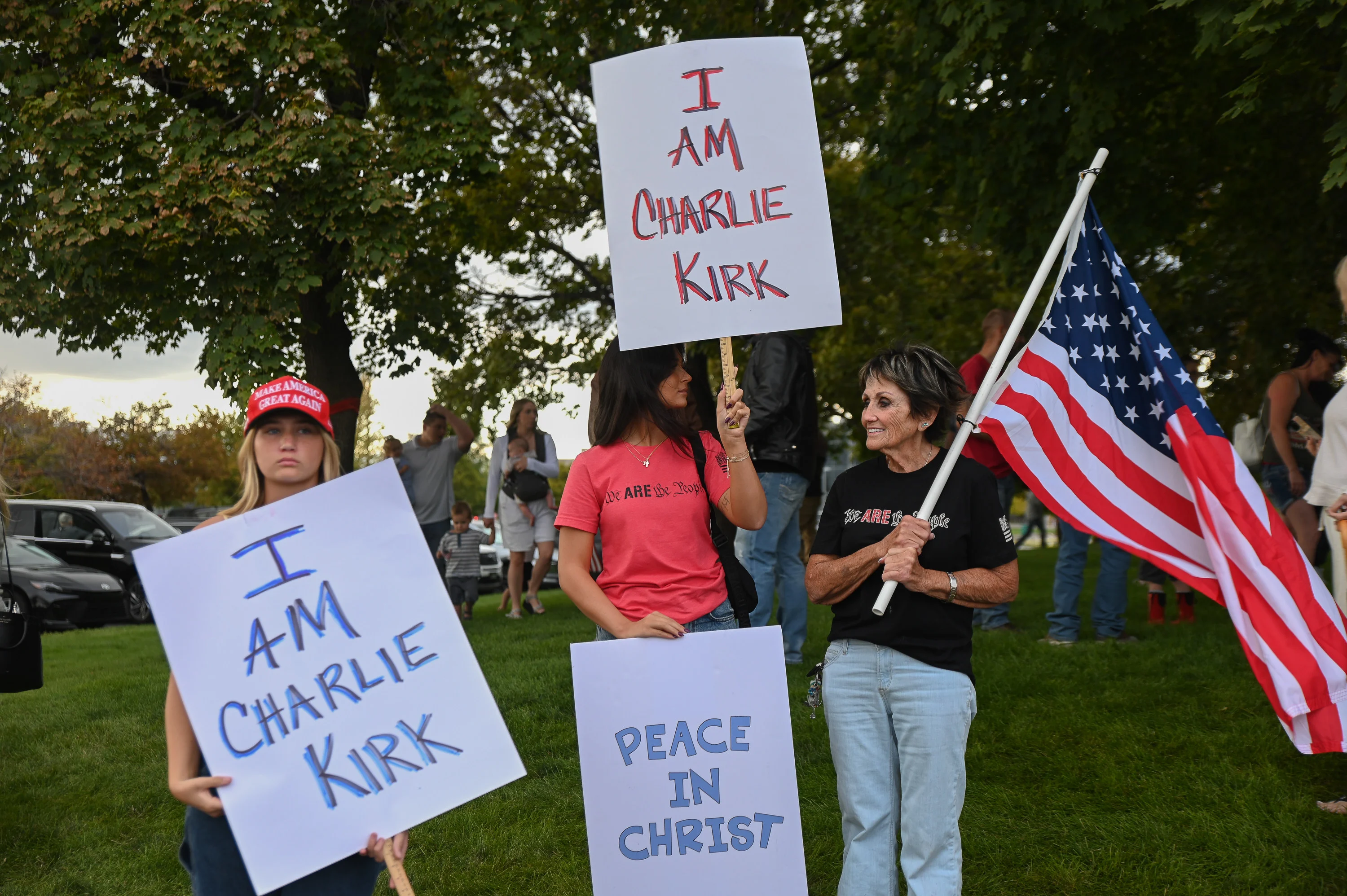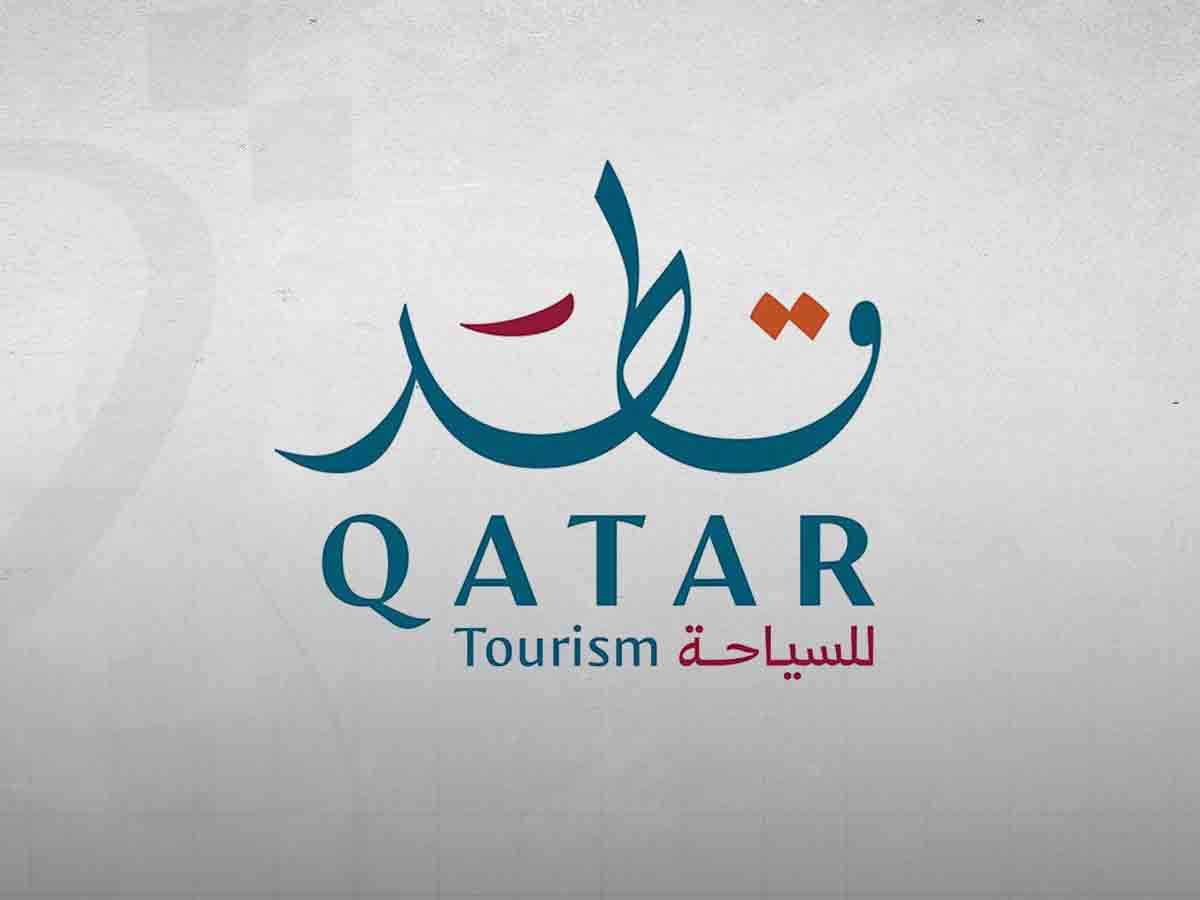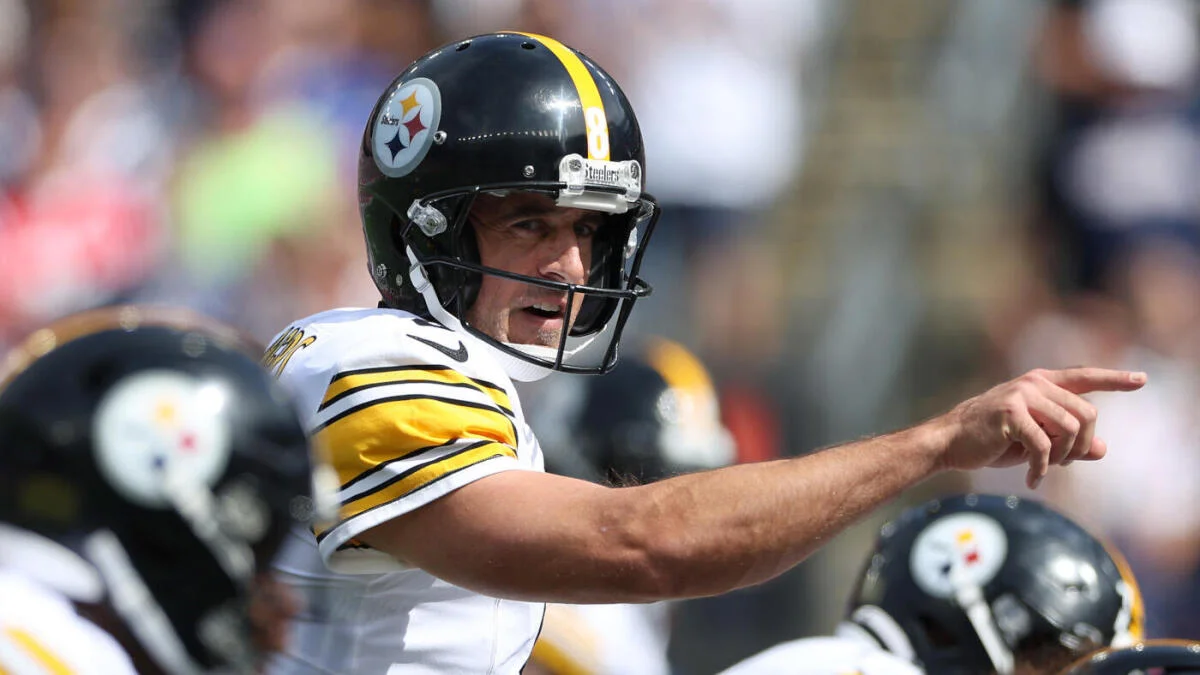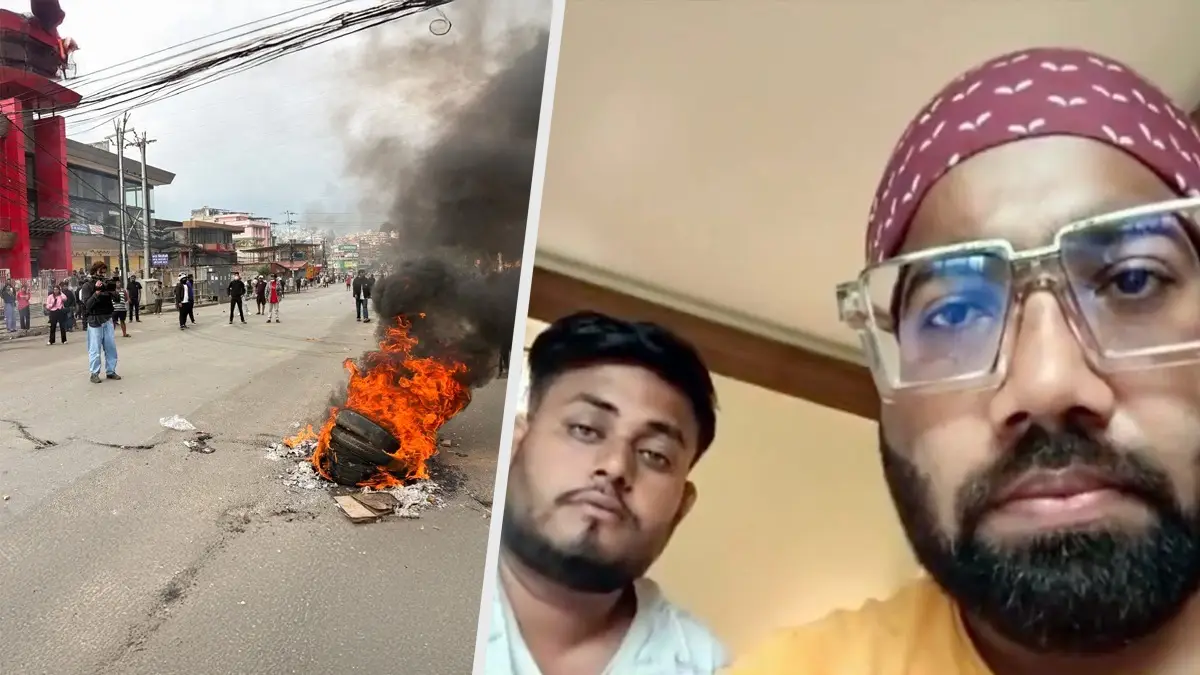By Bernard Chan
Copyright scmp

Charlie Kirk’s death in the United States was a major political shock. But what followed was more revealing: employees disciplined for social media posts, celebrities facing backlash for controversial remarks and businesses scrambling to distance themselves from the fallout. The controversy highlighted a broader truth of the digital age: a single comment, whether in jest or in earnest, can escalate into a crisis.
In today’s hyperconnected world, words travel instantly, reach audiences well beyond their original context and often persist online forever. One remark can ignite a controversy, prompting employers, universities and regulators to respond swiftly.
For companies and institutions, this situation is daunting. The risk is no longer limited to their official policies, but also extends to the unpredictable actions of staff or affiliates, whose online comments can have legal, financial and social repercussions. Leaders often find themselves caught between safeguarding their reputation and addressing political or consumer outrage, which becomes increasingly challenging.
The aftermath of Kirk’s killing highlighted these tensions. Dozens of people were suspended or dismissed for remarks deemed offensive. Late-night TV host Jimmy Kimmel was briefly taken off the air after criticising public reactions and accusing politicians of exploiting the tragedy. His comments, in turn, prompted regulatory scrutiny and reignited debate about where to draw the line between free expression and responsible speech. Some warned of increasing government overreach, while others argued that unchecked rhetoric was causing harm.
This pattern is becoming a global phenomenon. In Britain, debates over immigration and identity have sharpened into polarising cultural battles. Across Europe and elsewhere, the war in Gaza has sparked protests and left governments struggling to balance public order with the right to dissent. In such climates, many now fear speaking openly on race, migration or the Middle East, wary that one misjudged phrase will unleash severe professional or political consequences.
Yet these pressures are not new. Hong Kong experienced similar issues years earlier. In 2012, a crowdfunded Apple Daily ad infamously branded mainland visitors as locusts, fuelling days of protest and setting the tone for confrontations in malls, trains and online spaces. At the same time, criticism of parallel traders became a proxy for local grievances and, at times, outright xenophobia.
In 2017, posters on a university campus that ridiculed the suicide of the son of a prominent political figure shocked the city and received swift condemnation. The incident is widely recognised as a trigger for broader concerns about online harassment and political doxxing that became more common.
By 2019, both street protests and online harassment had escalated, confronting companies, universities and community leaders with the same dilemma now faced globally: whether to be accused of suppressing dissent or of fomenting division.
These stories highlight a common global challenge: how to sustain open debate while protecting communities from unjust cruelty, harassment or incitement to violence, with each society setting its boundaries differently.
As I noted in these pages in 2023, the disagreement in Washington over university responses to questions about antisemitism revealed the fragility of this balance. Spaces for discussion are increasingly caught between political scrutiny, donor pressure and the influence of social media. Public discourse is vital, yet without safeguards against genuine incitement to violence, universities risk compromising safety, dignity and the open exchange of ideas.
Similarly, in May this year, I reflected on how Tesla became a global lightning rod for protests after Elon Musk was appointed to lead the Trump administration’s Department of Government Efficiency. His polarising role triggered protests, with critics attacking both his outsize political influence and corporate practices. The backlash coincided with a sharp drop in Tesla’s car sales and share price, emphasising how quickly political controversy can translate into real commercial damage.
Such high-profile controversies have contributed to a broader trend observed across continents: individuals and organisations increasingly censor themselves out of fear of public backlash, damage to reputation or further community division.
Across all societies, social media storms, legal risks and consumer activism have created a volatile new normal – one where no leader or organisation is safe from reputational damage or backlash.
There is no simple solution. The challenge for leaders is not to resolve ideological divisions, but to anticipate risks, manage sensitivities and prevent a controversy from undoing years of work.
Corporate and institutional neutrality has become nearly impossible; taking a stance invites criticism, but so does refusing to do so. The message remains the same for Western democracies and Asian financial centres: the era of consequence-free expression is over. Instead, we face a volatile new normal, where reputational damage can occur suddenly and without warning – even in those societies that once criticised Hong Kong and mainland China.



